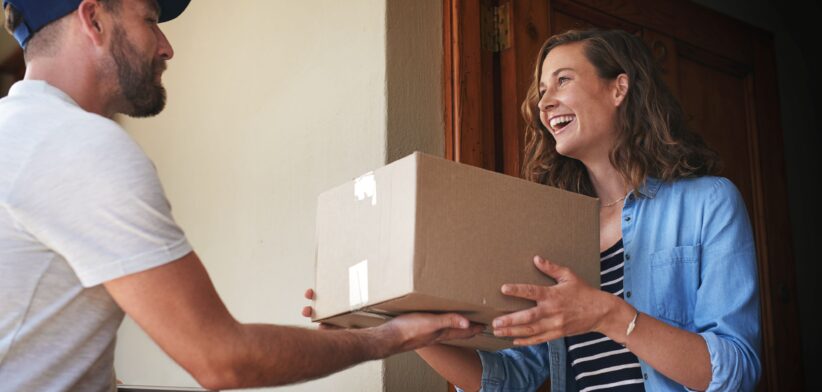Businesses battling the pressure of “same day delivery” can ease customer expectations by being more charitable.
A new report has found consumers were more willing to accept slower delivery from retailers if the business donated to a charitable cause.
Study co-author North Carolina State University Associate Professor Stefanie Robinson said the finding suggested a path forward for companies that hoped to ease stresses associated with providing the fastest possible delivery times.
“Retailers feel pressure to provide quick delivery to consumers, but the logistics of delivering purchases quickly can be costly and complicated and may be subject to disruptions outside of the retailer’s control,” Associate Professor Robinson said.
“To convince consumers to opt for slower delivery options, some retailers have adopted programs that offer consumers financial incentives. For example, you may get $1 off if you choose the three-day delivery option instead of the overnight delivery option.”
The study looked at which incentives consumers found most appealing.
“The key finding was that consumers were more likely to opt for the slow delivery option if the company made a donation to a charity, rather than a financial reward that benefited the consumer,” Associate Professor Robinson said.
“This was true across demographic groups, regardless of gender, income level and so on.”
Associate Professor Robinson said researchers found that two other factors could also come into play.
“First, we found that people’s willingness to accept the discount option, rather than the donation incentive, went up considerably if the retailer also explained why they wanted consumers to select a delayed delivery,” she said.
“For example, if a retailer said the delayed delivery option reduced the environmental effects, people were just as willing to accept the delay with the discount incentive as they were to accept the delay with the donation incentive.”
She said the donation incentive did not improve people’s willingness to accept a delayed delivery if the items being delivered were utilitarian.
“For example, if someone needed batteries, the donation incentive did not outperform the discount incentive.
“In other words, if it’s something people actually need, it doesn’t matter which incentive the retailer offers.”
Read the full paper: Not-So-Speedy Delivery: Should Retailers Use Discounts or Donations to Incentivize Consumers to Choose Delayed Delivery?








